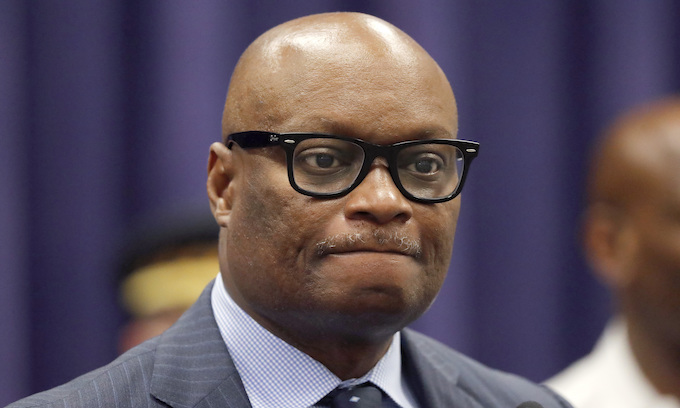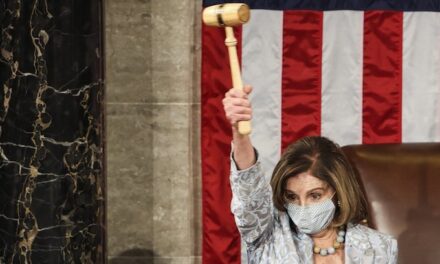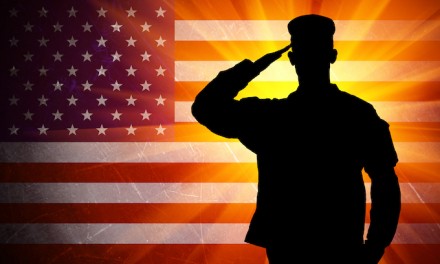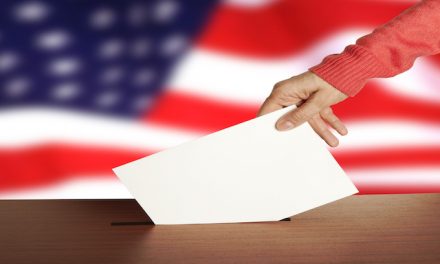Chicago police will focus on community policing by expanding the department’s Civil Rights Unit and adding new initiatives to better connect with city residents, police Superintendent David Brown announced Friday.
“The Chicago Police Department this morning is taking a big swing at community policing, community engagement and building trust,” Brown said. “Arguably, this will be the most significant commitment of effort, resources and leadership to building trust in Chicago PD’s history.”
The department’s community policing plan focuses on four areas: community engagement, youth engagement, a neighborhood-policing initiative expansion and the Civil Rights Unit expansion, Brown said during a news conference.
Brown called it a “transformative moment for CPD,” and a pursuit of cultural change by directing all officers’ focus toward community policing rather than “traditional policing.”
For youth engagement, the department has created a police athletic and arts league across all neighborhoods. The neighborhood policing initiative will include the “re-imagining of the CAPS program,” Brown said.
The expansion of the Civil Rights Unit includes adding liaisons who are sworn officers to connect with LGBTQ+ residents, homeless people and immigrant and religious communities, Brown said. These liaisons were selected based on their personal background, lived experienced or academic experience.
Those liaisons will work citywide to connect people with the resources, Brown said. There will also be 22 “affinity liaison officers,” one for each district, who will specifically work with marginalized communities in the neighborhoods they are responsible for, officials said.
Deputy Chief of Community Policing Angel Novalez, who was promoted from commander of the Chicago Alternative Policing Strategy program during the news conference, said the expansion of the Civil Rights Unit came from the recognition that the department needed to improve its relationship in the targeted communities.
Novalez said when developing the Civil Rights Unit, those who created it reached out to advocacy groups for their input on desired qualifications for liaison officers.
“I want to remind our communities that this is just a small step forward in a long journey, and we ask that you join us,” he said.
The move comes as the department continues to make changes under a federal consent decree following the fatal shooting of Laquan McDonald by then-Officer Jason Van Dyke in 2014. The department has also faced criticism from activists and in a Chicago inspector general’s report for its handling of protests and civil unrest last summer in the wake of the murder of George Floyd by a Minneapolis police officer.
Most recently, the department was criticized by the Latino community after officers fatally shot 13-year-old Adam Toledo and 22-year-old Anthony Alvarez during foot pursuits in March. Mayor Lori Lightfoot and the department responded by vowing to create a foot pursuit policy, which has been released in preliminary form.
“These newly created roles are above and beyond what the consent decree required in the area of community policing,” Brown said of Friday’s announcement.
©2021 Chicago Tribune. Visit chicagotribune.com. Distributed by Tribune Content Agency, LLC.
—-
This content is published through a licensing agreement with Acquire Media using its NewsEdge technology.



















The criminals will have a field day with the “community policing”. The social workers and psychiatrists will be shot by the criminals, with the “community police department in Chicago!
LEts see how many MORE BODIES are dropped each weekend for the next year.. AND That is how ‘good’ this community policing agenda’ is working…
put in positions of power because of color of there skin.
not on merit or common sense or plain out smarts.
Affirmative action at its finest!
50 people was shot this weekend in Chicago. 0 people were shot by cops this weekend in Chicago. But Chicago is worried about cops.
IT is NOT the Police that need to be reformed but the criminals and citizens that do not feel the laws pertain to them ! Maybe the news media can print and inform the citizens that THEY do not have the right to resist an arrest either LAWFULL or UNLAWFULL. May keep them from getting shot by the police.
AND Start by JALING THE USELESS hacks that are the city DA’s, who KEEP CODDLING THE CROOKS over the victims of crime
“Community policing” has a nice ring to it, a very nice ring, but what actually are they talking about. Policing has always been about being in neighborhoods protecting people and property, enforcing laws; so aren’t they doing that any more? With all the restrictions placed on them it’s no wonder crimes and shootings are on the rise. The community and youth are already engaged with police with the disrespect, tauntings and attacks on officers and vehicles. Since racist crimes are committed by whites on blacks the Civil Rights unit would seem out of place with black on black crime. The problem is the city let things get out of hand long ago by caving to all the special interests claiming brutality or some other grievance, that, followed by the bias of liberal mayors and councils to restrict police powers and the ‘justice’ system being lienient or not charging criminals with crimes. The people of Chicago keep voting for what they got, they can fix it.
“Community Policing”
That’ll certainly reduce the murder rate and the amount of the outrageous number of weekly shootings.
Let me know how that’s working out for you.
Hell, from what I read all the time, you need a freakin’ army in that town.
AFTER walling it off, so the rats can’t flee..
That sounds so wonderful – community policing. Are we all supposed to hold hands and sing kumbaya and wait for the criminals to turn themselves in? All of the leadership positions in Chicago are filled by blacks, yet they say nothing about how black crime is destroying the city. What cowards! Lori Lighthead is a joke of a mayor. She’s just a racist in black skin.
Another idiot.